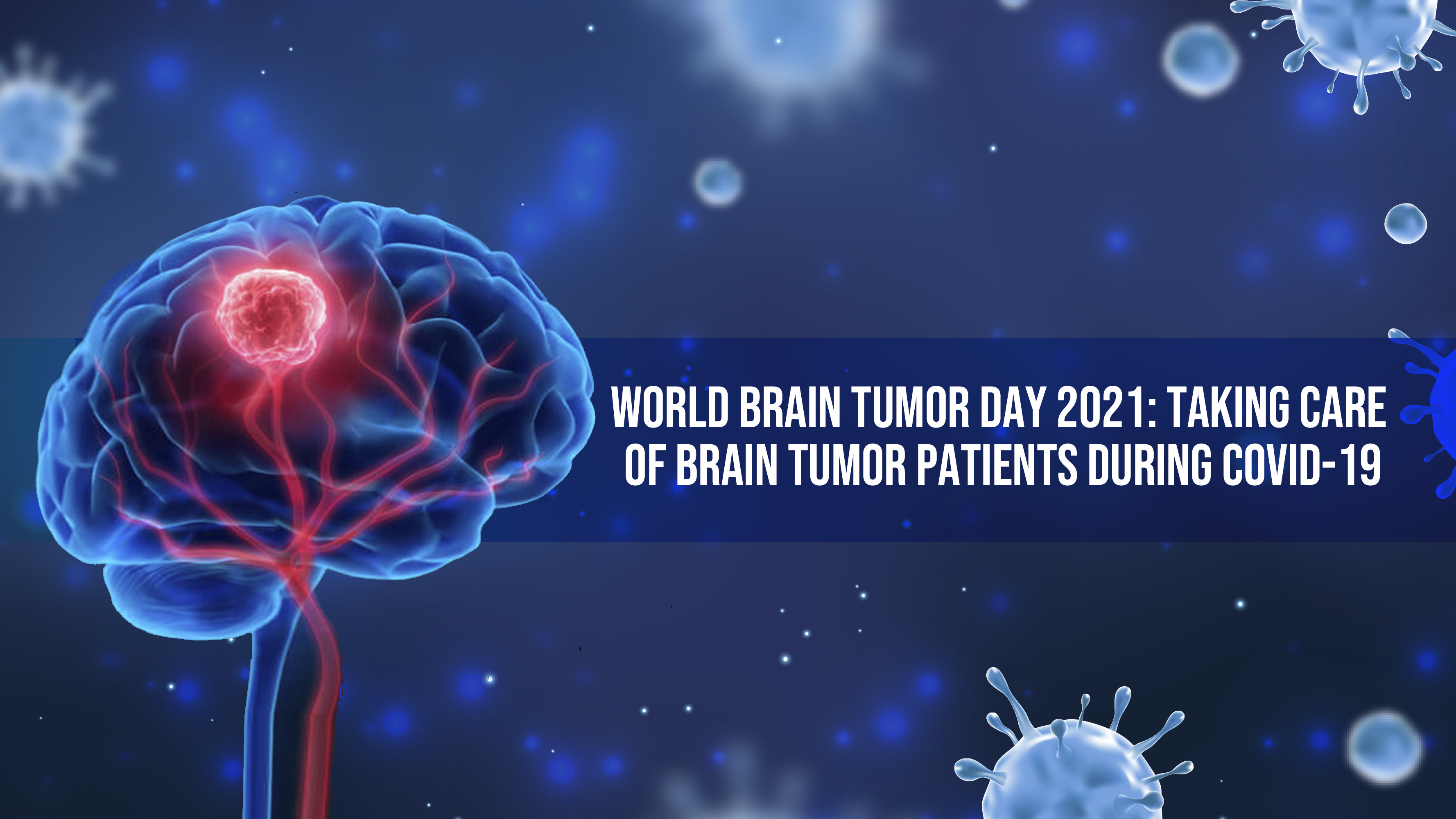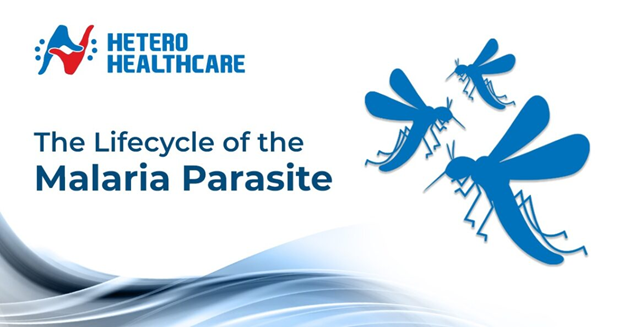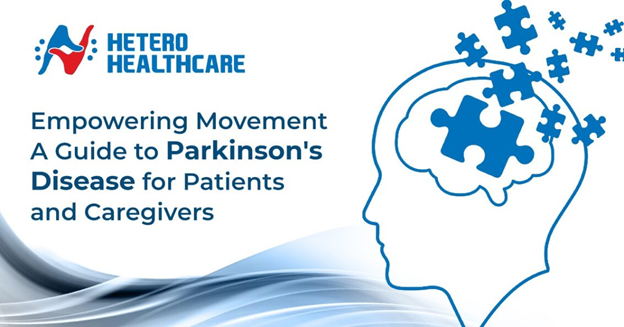Hetero Healthcare
08 Jun 2021

A brain tumor is defined as the rapid growth of abnormal cells in the brain. Brain tumors can be benign (non-cancerous) and malignant (cancerous). Primary brain tumors originate from the brain, whereas secondary brain tumors begin from other parts of the body and spread to the brain. Brain tumors are found more in children and older adults. Exposure to radiation, the male gender, exposure to viruses and infection, high use of mobile phones in children, N-nitroso compounds in the diet, and family history of certain diseases like neurofibromatosis, Turcot syndrome, and many others are some of the risk factors for brain tumors. The symptoms associated with brain tumors may include:
It has been found that COVID-19 patients develop many neurological manifestations like Encephalitis, Ancosrria, Viral meningitis, Stroke, Dysgeusia, Anosmia, Guillain-Barre Syndrome, Acute disseminated post-infectious encephalomyelitis/Acute disseminated post-infectious encephalitis and acute cerebrovascular disease. Since COVID-19 affects the lungs, thus the lungs cannot produce enough oxygen to the body. According to Dr. Pravin George, COVID-19 can cause hypoxic-ischemic injury to the brain due to lack of oxygen supply. COVID-19 also leads to tiny clots and bleeding inside the brain, which are critical neurological complications. The risk of requiring mechanical ventilation or ICU admission or mortality due to COVID-19 is 3.5-fold greater in cancer patients than patients without cancer. The increased vulnerability of cancer patients to COVID-19 severe complications can be due to the immunosuppressed status caused by malignancy and anticancer drugs, such as chemotherapy or surgery. Patients suffering from any neurological disorders are very much at risk from COVID-19. Thus, patients suffering from a brain tumor and undergoing treatment need care during the COVID-19 pandemic. Even patients who have a brain tumor and have recovered from COVID-19 need critical care and monitoring. Depression, anxiety, and delirium are not good for mental health. So, patients should be monitored appropriately, and care should be provided to ensure that patients with brain tumors lead a normal life during this pandemic.
According to an article published by Kunal Kishor et al. here are the advice given by Michael Wang, the Chief Strategy Officer of the National Foundation for Cancer Research to cancer patients, survivors, and caregivers during the COVID-19 pandemic:
Similarly, the European Society of Medical Oncology (ESMO) is implementing a tiered method for the management of cancer patients during the COVID-19 pandemic. This strategy takes into account the state of the patient, the urgency of the proposed treatment for cancer, and its expected benefit, including the possible risk of COVID-19 associated with the logistics of providing medication, as well as the services available for the effective provision of treatment.
Based on the above strategy, the patients are grouped in the following tiers:
Can Brain Tumor patients take the COVID-19 vaccine?
Answer: Consult your medical Oncologist before taking any such step. Do not take vaccine without advice from your oncologist.
Should immunosuppressive therapy be stopped, or delayed, or interrupted in patients who are infected with COVID-19?
Answer: This decision lies in the hand of an oncologist. He/she has to take this critical decision as continuing anticancer therapy may lead to suppression of the immune system and more severe complications. According to the UK National Institute for Health and Care Excellence, if a patient has one negative SARS-COV-2 test, then he/she can resume their treatment.
Should surgery be canceled or delayed?
Answer: Yes, surgery should be elective. It depends on the situation. Suppose surgery requires postoperative intensive care, and the hospital has the required number of intensive care units allotted for such cases during the pandemic. In that case, surgery may not be canceled or delayed. Please read the management guidelines mentioned above to get more clarity on the situations where surgery is feasible.
If a patient with brain tumor experiences symptoms of COVID-19, should he/she contact a medical oncologist or primary care physician?
Answer: If the patient is on active cancer treatment during symptoms of COVID-19, he/she should reach to his/her oncologist first. If the patient is not on active cancer therapy, then he/she should go to a primary care physician allotted for treating COVID patients.
References
Hetero Healthcare

Hetero Healthcare27 May 2024
The Thyroid: Understanding Your Body's Master Gland
The thyroid gland, a small butterfly-shaped gland located at the base of your neck, plays a critical role in regulating your metabolism.

Hetero Healthcare25 May 2024
Taking Control of Your Breath: Understanding and Managing Asthma
Asthma can feel like a constant battle for air, leaving you breathless and wheezing. But with knowledge and the right approach, you can take control of your asthma and live a full, active life.

Hetero Healthcare30 Apr 2024
A Comprehensive Guide to Malaria
Malaria, a mosquito-borne infectious disease, continues to pose a significant threat to global health. At Hetero Healthcare, we are committed to raising awareness about this preventable illness and empowering individuals with knowledge to protect themselves. This comprehensive blog delves into the causes, symptoms, and effective prevention strategies for malaria.

Hetero Healthcare30 Apr 2024
A Guide to Parkinsons Disease for Patients and Caregivers
At Hetero Healthcare, we understand the profound impact Parkinson's disease (PD) can have on individuals and their loved ones.